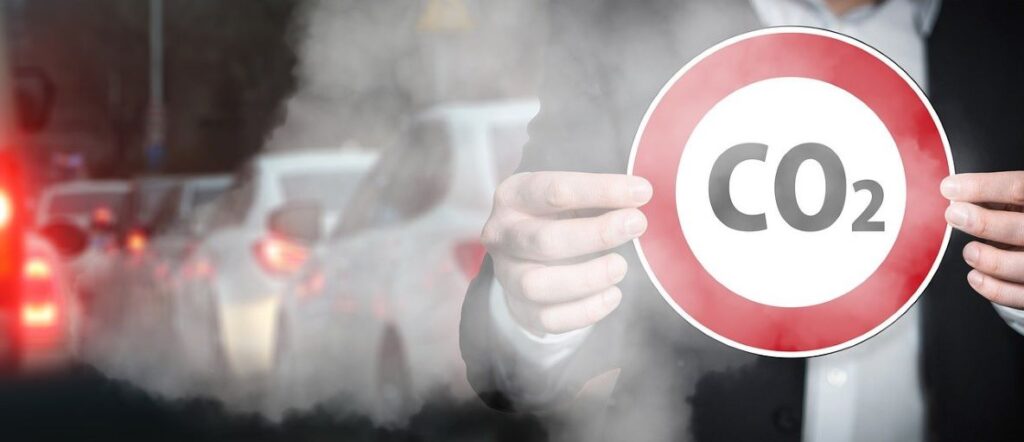Causes and Consequences of Climate Change
You don’t need to be accredited scientists to realize that the climate is changing and certainly not for the better.
The very young champion of environmentalism Greta Thunberg denounces the change with every means at her disposal: non-existent and incredibly sunny springs and autumns, hot and tropical summers, strangely mild winters; the once variegated climate is becoming more uniform in the direction of ever higher and constant temperatures.
Man and his actions have a strong influence on this elevation, which determines the alteration of ecosystems and the destruction of animal species. But if it is man who brings about this negative change, it is up to him take concrete action to reverse the trend.
The Causes of Ongoing Climate Change
The Intergovernmental Panel on Climate Change ( IPCC ) of the United Nations, and is the leading scientific body devoted entirely to conduct climate research, have recently produced a special report. Which is the result of a careful investigation into the impact of ongoing climate change.
The analyzes carried out have shown that, if we do not change course, the average temperature will undergo an increase of more than 1.5 degrees centigrade by 2030. By 2100, on the other hand, the scenario assumed is that of a potential exceeding by at least 5 degrees Celsius of the expected average temperatures. This serious scenario is due to the reckless action of man on planet Earth. The main environmental problems are caused by the effect of greenhouse gases, by the increase in emissions and, in general, by global warming.
The greenhouse gases are gases that towards the planet act as a glass, like a greenhouse, in fact, capturing sunlight and preventing the heat from escaping. Many of these gases are naturally present in nature and in the atmosphere, but human activity increases the concentration of some of these (including carbon dioxide, methane, nitric oxide, fluorinated gases) causing an increasingly weak release of the heat outside the earth’s atmosphere, resulting in overheating of the temperatures inside the atmosphere.

Among the harmful human activities for the planet, the following have a decisive impact:
- the combustion of coal, oil and gas;
- the felling of trees (which represent one of the many ecosystem services we have), which would help the climate by absorbing CO2 and releasing oxygen into the atmosphere;
- the development of intensive livestock farming which emits large quantities of methane;
- the reckless use of nitrogen fertilizers;
- the use of fluorinated gases, fortunately now reduced under European legislation.
The Consequences of Climate Change
The temperature increase already recorded and, according to estimates, in dangerous and continuous increase, affects every corner of the world, even if with profoundly different intensities and ways. The melting of the ice and the consequent raising of the seas; the floods; the deterioration of water quality and the consequent shortage of water resources; the increase in fires and droughts; damage to homes and infrastructure; human’s health; the decrease in agricultural productivity and food security would cause unquantifiable damage both in the poorest areas of the world and in the most industrialized and flourishing civilizations. The “climate emergency”, as defined by the British newspaper The Guardian, is a phenomenon that must affect everyone globally.
How to Remedy Climate Change in Time
The worsening of climate change is now there for all to see, but nothing can yet be done to avoid the anticipated climate catastrophe. A first step was taken in 2015 with the Paris Climate Agreement, in which 195 governments of countries around the world committed to act on greenhouse gas emissions, so as to keep the temperature rise below 2 degrees centigrade by 2050.
This will only be possible if forces are united in the name of replacing fossil fuels with renewable sources; the transition to sustainable mobility; reforestation and technological innovation in agriculture.
